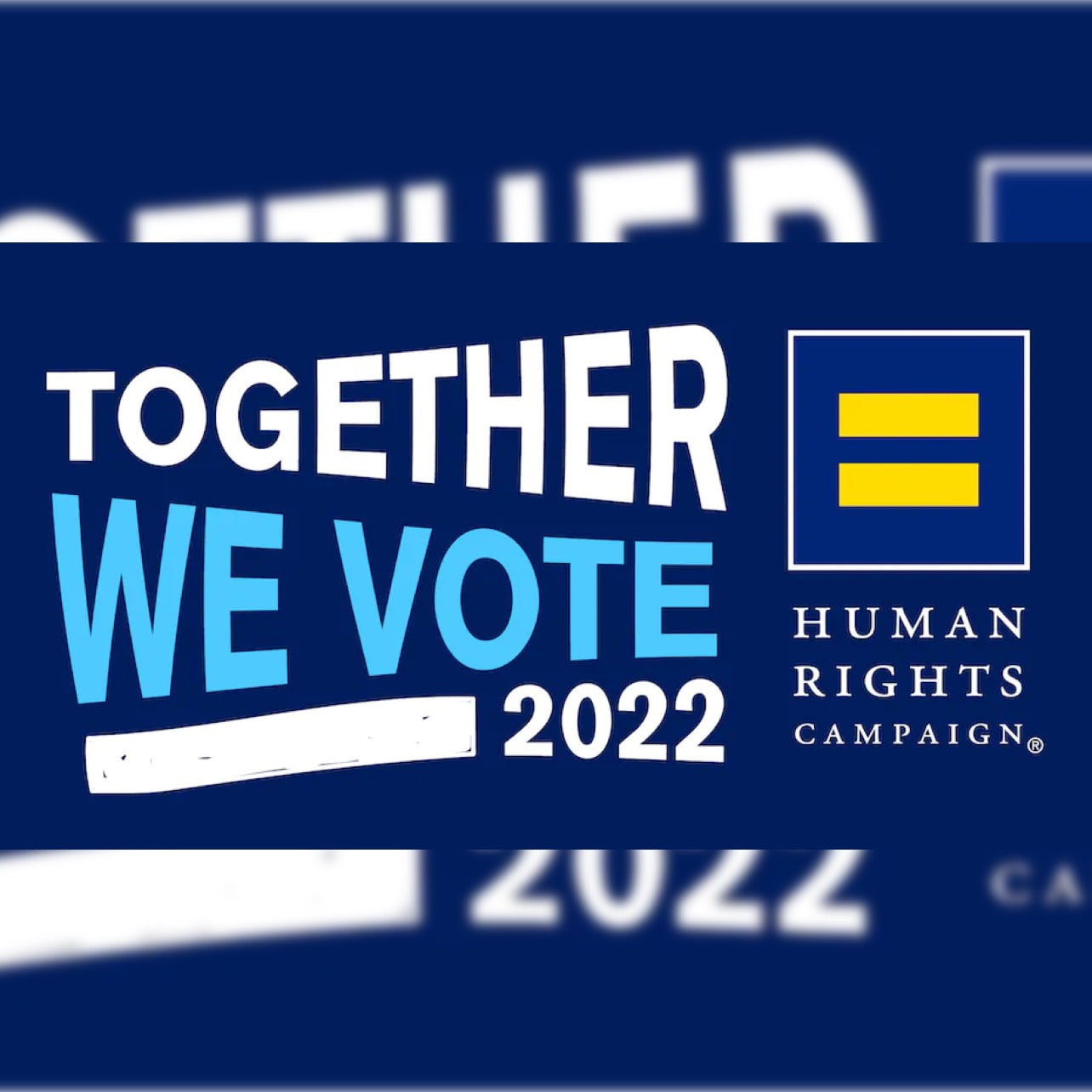Human Rights Campaign Equality Votes PAC Launches Ad Campaign to Activate Equality Voters and Secure Victory for U.S. Senate Candidate Cheri Beasly


Human Rights Campaign Equality Votes PAC Launches Ad Campaign to Activate Equality Voters and Secure Victory for U.S. Senate Candidate Cheri Beasly

UPDATE: With Unprecedented 18 Anti-LGBTQ Bills Enacted, 2021 Officially Becomes Worst Year in Recent History for LGBTQ State Legislative Attacks With Anti-LGBTQ Momentum Sweeping through State Legislatures, 2021 Surpasses 2015 as Worst Year In Recent History Detailed Breakdown of 2021 Anti-LGBTQ State Legislation Below With an unprecedented number of anti-LGBTQ measures sweeping through state legislatures […]

Ten Anti-LGBTQ Bills Sit on Governors’ Desks, Poised to Undermine Rights Across the Country As a fast and furious effort led by national groups aiming to stymie LGBTQ progress made on the national level and in many states continues to intensify, ten anti-LGBTQ bills currently sit on the desks of governors across the country waiting to be signed […]

Corporate leaders: Companies should work against anti-LGBTQ bills in Texas, other states Chris Adamo, vice president of Federal and Industry Affairs at Danone North America; Brad Figel, vice president of Public Affairs North America at Mars, Inc.; Molly Fogarty senior vice president of Corporate & Government Affairs at Nestlé USA; and Tom Langan, North America […]

Are Money Issues Ruining Your Relationship? Read on for 5 tips to resolve them. The COVID-19 pandemic has played havoc with families’ finances through lost jobs, squeezed budgets, increased debt, and missed payments. Money and the decisions spouses make with it are one of the main sources of stress among couples, and sometimes money issues end […]

On Thursday, Leader Kim Abbott, the ACLU of Montana, the Free and Fair Coalition, local Montanans, and the Human Rights Campaign detailed their opposition to two anti-transgender bills (HB 112, a bill that would ban the participation of transgender women in women’s sports, and HB 113 which would restrict transgender access to medical care) being […]

TotallyMoney’s Credit Spending Index reveals the nation is spending 46% more on credit cards compared to ten years ago. 56% of parents would rather save for a family holiday than clothing for children and school equipment and trips. 78% of parents worry about their financial situation at least once a month Getting kids back to […]

UK cost of living for a four-person family is £60,000 per year – 103 per cent of average household income UK housing and utility costs have risen by 13 per cent1 The global study found the most affordable expat country for families is Sweden Today, new research by leading price comparison website MoneySuperMarket reveals that […]